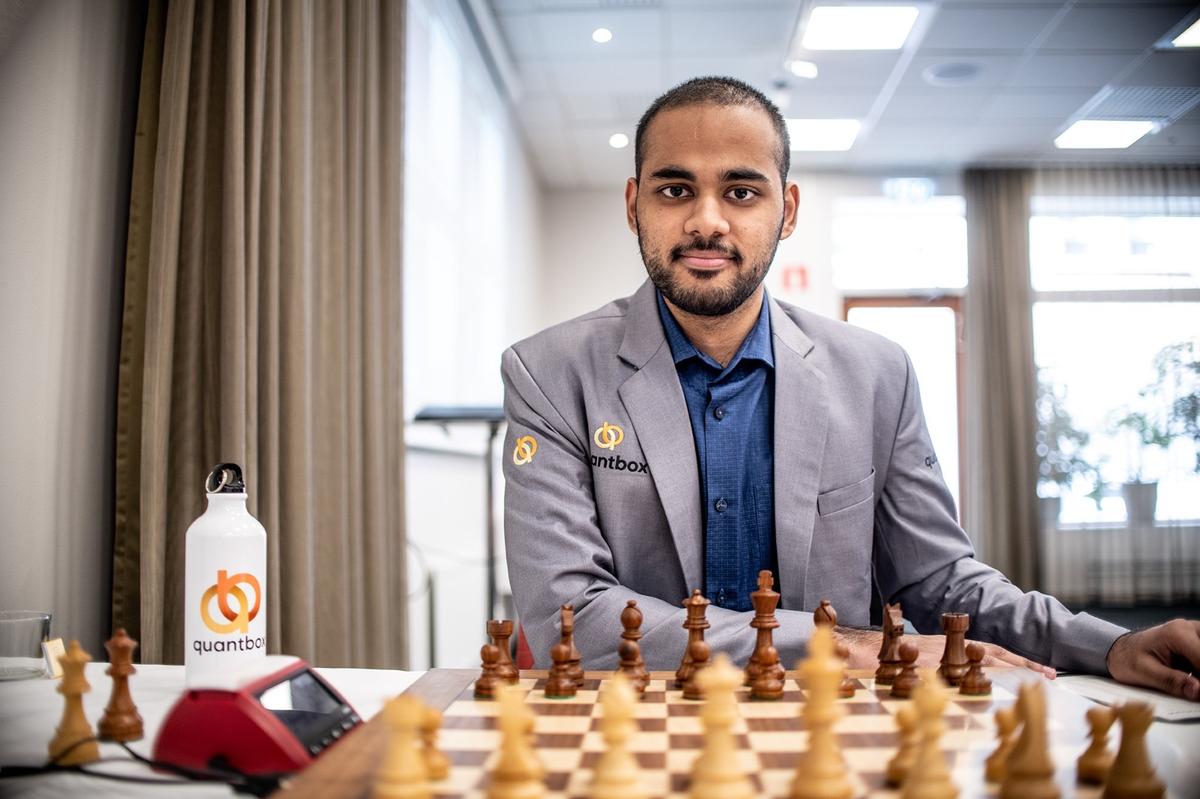In the rapidly evolving landscape of competitive chess, where silicon engines challenge human intuition and online arenas draw millions, a new frontier beckons: the eSports World Cup. And at its vanguard stands Arjun Erigaisi, one of India`s brightest chess talents, poised to bridge the gap between traditional board strategy and the lightning-fast reflexes demanded by digital sport. His recent signing with Gen G eSports isn`t merely a career move; it`s a statement about the future of chess, even as his gaze remains firmly fixed on its most revered pinnacle: the Candidates Tournament.
Riyadh`s Digital Battlefield: Chess Enters the eSports Arena
July 2025 marks a pivotal moment. For the first time, chess will be a featured event at the eSports World Cup in Riyadh, Saudi Arabia. This isn`t your grandfather`s chess club; it`s a high-stakes, high-adrenaline competition with a staggering $1.5 million prize pool, attracting 16 of the world`s elite players. The inclusion of chess in such a prominent eSports spectacle underscores a growing recognition of its intellectual rigor and strategic depth within the digital sports ecosystem.
Erigaisi is not alone in this venture. Volodar Murzin, the reigning 2024 World Rapid Champion, has also joined the ranks, signed by AG Global. The event is already generating buzz, with whispers suggesting even titans like Magnus Carlsen and Hikaru Nakamura are considering their participation. Imagine a chessboard where Carlsen`s strategic genius meets Nakamura`s online blitz prowess, all under the rapid-fire constraints of an eSports format – it’s a compelling proposition.
The “Slow Blitz” and the Need for Speed
The rules of engagement at the eSports World Cup are unique, a departure from standard chess formats. Players will face off with a mere ten minutes on the clock for the entire game, with no increment for moves. Traditionally, Erigaisi has expressed a certain disdain for no-increment games on physical boards, citing the “chaos” that ensues as players frantically move pieces in the dying seconds. However, the digital interface changes everything. On a computer, the physical fumbling is replaced by the precision and speed of a mouse click – a skill Erigaisi acknowledges he`s ready to hone.
“I am decent with the mouse, but that is one thing I need to train at to become even faster,” Erigaisi remarked, classifying the format as “more of a slow blitz” rather than typical rapid chess.
This technicality introduces an entirely new dimension to the game: raw mechanical speed. A player might possess unparalleled strategic depth, but without the agility to execute moves under immense time pressure, even a winning position can crumble. It’s an intriguing blend of cerebral combat and digital dexterity, challenging players to adapt their entire approach to the game.
The Unwavering Gaze: Candidates and the Classical Crown
Despite the allure of eSports and its burgeoning prize pools, Erigaisi`s ultimate ambition remains firmly rooted in the classical tradition of chess. The Candidates Tournament is his primary objective for 2025 – the gateway to challenging Dommaraju Gukesh for the World Championship title. His narrow miss in the FIDE Circuit last year only fuels his resolve, knowing that several more qualification spots are up for grabs through prestigious events like the FIDE Grand Swiss and the FIDE World Cup.
It`s a testament to Erigaisi`s strategic long game that he views the eSports World Cup not as a distraction, but as a manageable, four-day detour. It offers a chance to explore a new facet of the sport, visit a new country (Saudi Arabia), and potentially earn significant prize money, all without derailing his meticulously planned assault on the classical circuit. The tournament concludes more than a month before the FIDE Grand Swiss begins, ensuring ample time for his focus to return to the 64 squares of the traditional board.
Bouncing Back: A Chess Grandmaster`s Resilience
Erigaisi`s 2025 hasn`t begun without its trials. A challenging performance at the Tata Steel Chess Masters in Wijk Aan Zee led to a dip in his formidable rating, which had once flirted with the prestigious 2800 mark. Yet, his resilience shines through; he concluded the tournament with impressive victories against top players like Nodirbek Abdusattorov and Gukesh himself. This ability to bounce back, to find winning form even after setbacks, is a hallmark of true champions.
“Of course, it`s a very bad start to the year, but it`s a very important year in terms of qualification for the Candidates,” he stated, adding with characteristic confidence, “I`m confident of qualifying if I play at my best… If I maintain my rating, even if I miss out on the other spots, I can get in to the Candidates through my rating.”
This pragmatic outlook highlights a profound understanding of the qualification pathways and his own capabilities. His journey is a dynamic interplay of immediate challenges and long-term goals, a continuous calibration of strategy and self-belief.
The Chess Prodigy: Embracing Innovation, Eyeing Immortality
Arjun Erigaisi represents the modern chess player: adaptable, ambitious, and acutely aware of the sport`s evolving landscape. His willingness to experiment with new formats at the eSports World Cup is a boon for chess, pushing its boundaries and appealing to a broader, digitally native audience. Yet, through all the innovation and digital spectacle, his ultimate vision remains crystal clear: the classical World Championship title.
In a world where chess is constantly reinventing itself, Erigaisi is not just playing the game; he`s helping to write its next chapter. Whether it`s the frantic clicks of a mouse in Riyadh or the profound silence of a classical tournament hall, his commitment to excellence, strategic prowess, and an unyielding pursuit of the ultimate crown makes him a fascinating figure to watch. The digital knight has made his gambit, but the king`s ultimate destiny still lies in the timeless battles of the traditional board.

